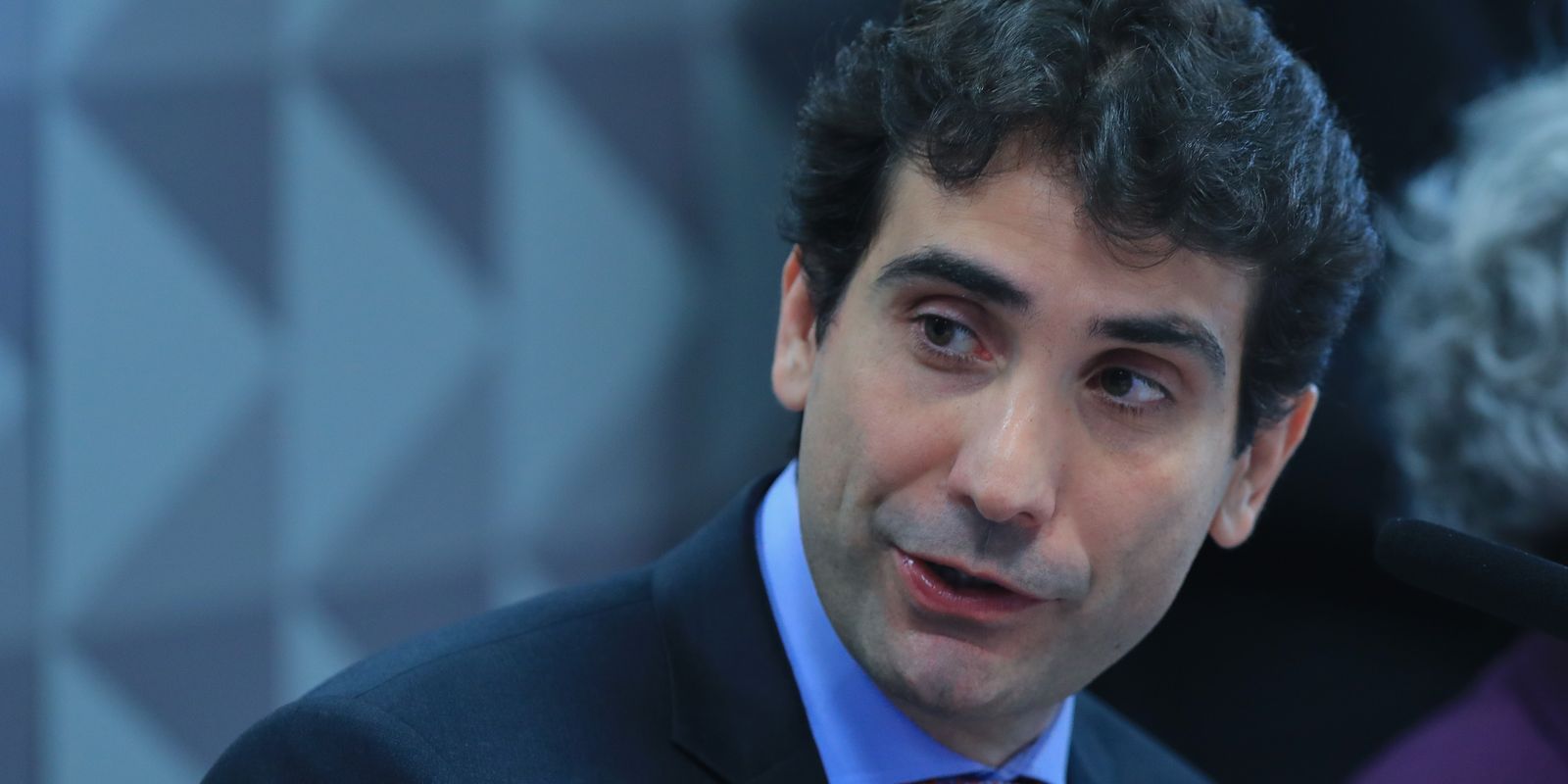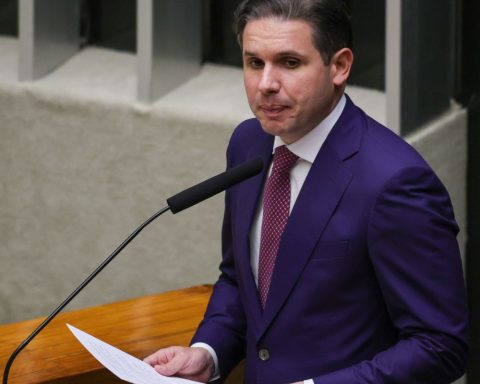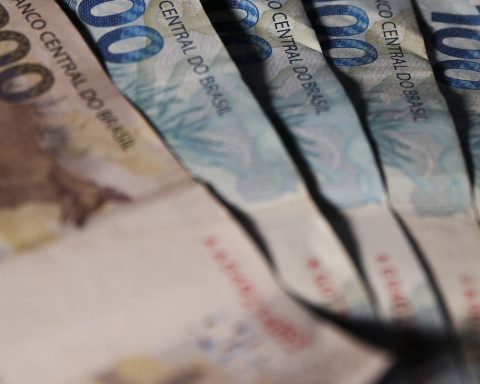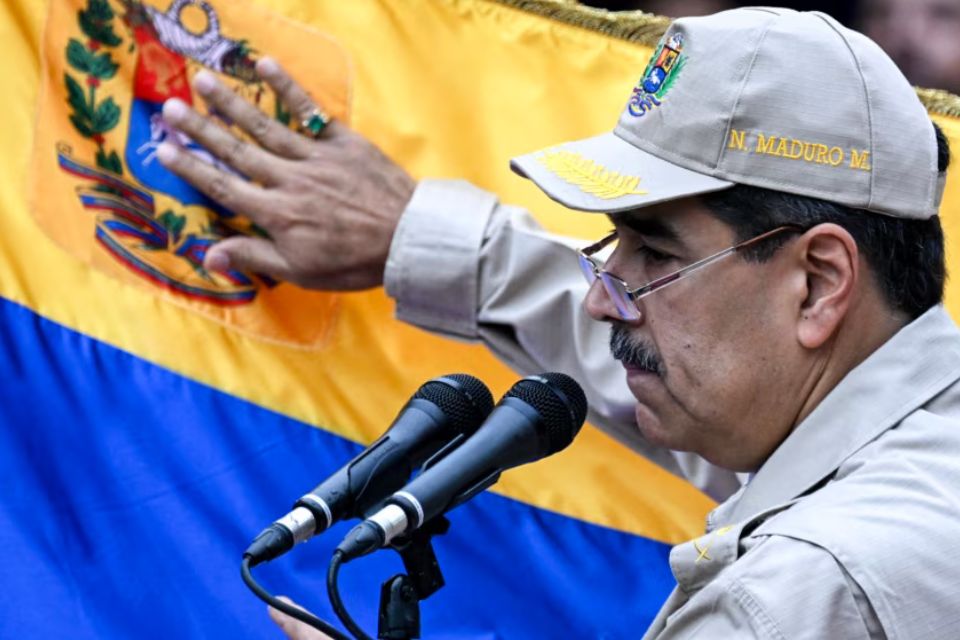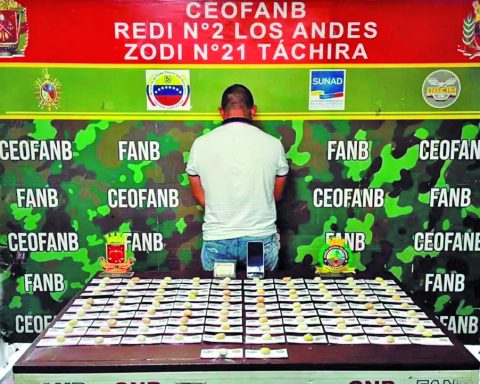Central Bank President Gabriel Galipolo said on Tuesday that the institution also analyzes whether the current Selic rate is sufficient to contain inflation in a scenario of uncertainty created by the US-initiated tariff war (US).
At a meeting of the Senate Economic Affairs Commission (CAE), Galipolo defended Brazil’s current interest rate – the world’s fourth highest in real terms. Senators evaluate that high interest rates prevent productive economic development, favoring financial speculation.
According to the president of the BC, the Brazilian economy has an “exceptional dynamism” that has pressured inflation beyond goal, especially in food, which leads the institution to raise the interest rate, restricting Brazilian economic activity.
“What the BC is doing is migrating to a level that he has some security that he is at a restrictive level. And we are now glowing in this adjustment. If we are at a sufficient restrictive level or what is this restrictive level enough along this high cycle that we are still doing,” he said.
At the last meeting of the Monetary Policy Committee (Copom), the basic interest rates of the economy – the Selic rate – rose 1 percentage point, reaching 14.25% per yearwith forecast of new increases. Brazil records the fourth largest interest rate in the world, losing only to Türkiye, Argentina and Russiaaccording to MONEYOU CONSULTING.
Galipolo justified that “by several metrics you can measure, whether relative to the labor market, whether at the level of activity of the various sectors, which we see is that the Brazilian economy shows exceptional dynamism.”
This dynamism has pressured inflation, Galipole justified. “Inflation above the goal is quite widespread” and therefore the role of the BC is to be the “boring of the party.” “You should try to hold the economy, brake the economy a little so that this inflationary pressure does not turn a spiral,” he added.
Tariff war
BC President Gabriel Galipolo stressed that the tariff war It can contribute to the maintenance of high interest rates in Brazil.
“We are in an environment of high uncertainty, both what should happen, and what are the consequences of the application of tariffs,” he said, adding that for an emerging economy such as the Brazilian, the international scenario has greater weight than for advanced economies.
“From there, it is often up to the BC to have to respond by increasing, for example, the prize [juros] Due to a moment of risk aversion, ”added Galipolo.
Despite the uncertainties of the trade war, Galipolo suggested that Brazil can become a safe destination for investments because of the diversification of the Brazilian commercial agenda, not so dependent on the USand due to the higher weight of the domestic market for the economy as a whole.
“It is not that it gets better with the tariff war, but compared to peers, Brazil can be an economy that is positively prominent for diversification in business relations and the relevance of the domestic market,” he said.
Criticism
Some senators criticized the current monetary policy comparing Brazilian interest rates with those of other countries, as Senator Vanderlan Cardoso (PSD-GO) did.
“I come from the industry sector and this sector is suffering a lot, such as the service sector, the trade, agro. They have suffered a lot from these interest rates,” said the parliamentarian.
Senator Cid Gomes (PSDB-CE) maintained that there is a small minority that earns from these interest rates, which would be agents of the financial market.
“[Esses juros] give a 10%profitable margin. What is the economic activity in this country that safely gives a 10%remuneration? Maybe sell cocaine, but with much more risk. This is a breastfeeding, ”said Cid.
The senator argued that the BC uses other tools to control inflation, in addition to raising the interest rate, such as the sale of dollars in the market to hold the value of the dollar, which also pressures inflation.
“There is no shortage of entrepreneurs who defend this crazy thing [juros altos] Because they decided to give up business, industry, commerce, agriculture, and decided to put all their money invested and live in income, ”he added.
Reforms in monetary policy
Gabriel Galipolo justified that Brazil has higher interest rates compared to other countries, because there are blocks that prevent high interest rates from having the desired effect of controlling inflation.
“Perhaps there are some clogged monetary policy channels, which ends up demanding doses of the highest medicine so that you can achieve the same effect,” he said.
To change this reality, the president of the BC suggested reforms that would not be the responsibility only of the country’s monetary authority, such as the reduction of interest for families.
“They often pay more than the Selic rate. This slice of the population has a low sensitivity to changes in monetary policy, as the interest rate it is paying is so much higher,” he said.
Galipole also cited the need to regulate financial institutions that, unlike traditional banks, has milder rules for their operation. “I am more friendly to create a regulatory isonomy by reaching more homogeneously and isonomic the various agents and actors,” he said.
